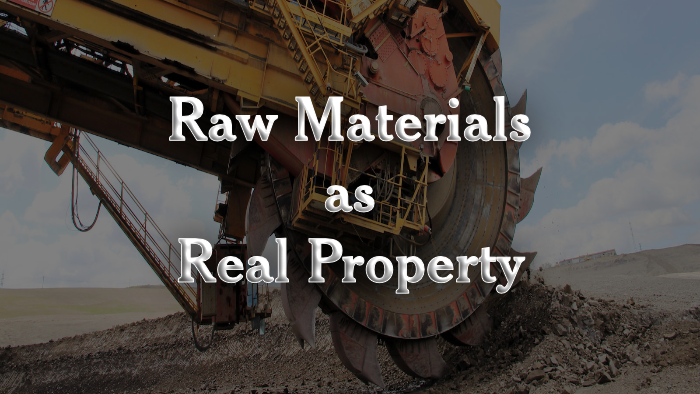A Texas appellate court recently allowed the manufacturing exemption for equipment used to process real property into products.
Lignite begins as real property and ends as tangible personal property.
Texas Westmoreland Coal Company (“Westmoreland”) owned and operated a lignite coal mine in Texas. Lignite, also called brown coal, is the lowest grade of coal, but like other forms of coal, is found in large veins underground. Hegar v. Texas Westmoreland Coal Co., No. 03-20-00406-CV (Tex. App.—Austin Oct. 7, 2021, no pet. h.).
To extract the coal, Westmoreland first removes the top layer of soil using a dragline (which was not at issue in the case) to expose the lignite formation. Then it uses a variety of excavators with large, toothed buckets to crack, break, or rip apart the lignite into smaller pieces to meet its customer’s size requirements. Once the buckets are full, the excavators drop the lignite into dump trucks from approximately 12 feet high, further breaking the lignite apart. At the end of the process, the lignite ranges from the size of a pea to no larger than a soccer ball.
Westmoreland claimed the manufacturing exemption on its purchase of the excavators.
Manufacturing exemption statute does not require that raw materials must begin as tangible personal property.
The manufacturing exemption applies when:
- Tangible personal property, such as excavators, are “directly used or consumed” during the “actual manufacturing, processing, or fabrication”;
- The tangible personal property (i.e., the excavators) “directly makes or causes a chemical or physical change to” the end product; and
- The end product is tangible personal property. See Tex. Tax Code § 151.318(a)(2)(A).
Notably, the statute does not require that the raw materials used as inputs to make the end product constitute tangible personal property. Under Texas law, minerals like lignite are considered real property until they are extracted or removed from the earth. Cage Bros. v. Whiteman, 163 S.W.2d 638, 641 (Tex. 1942); In re Estate of Ethridge, 594 S.W.3d 611, 616 (Tex. App.—Eastland 2019, no pet.). The Comptroller imposed a fourth requirement that the inputs (i.e., raw materials) into the manufacturing process constitute tangible personal property when the process begins.
Court refuses to read language into manufacturing exemption statute that Texas Legislature did not include.
Westmoreland, the trial court, and the Texas Court of Appeals all found that Westmoreland’s excavators meet the statutory requirements for the manufacturing exemption. The excavators were tangible personal property directly used in processing the lignite for sale; the excavators directly caused physical changes to the lignite by breaking it apart; and the end product—the lignite—was tangible personal property.
Importantly, the appellate court found that there was no explicit or implied requirement in the exemption statute that required a manufacturer’s raw materials to begin as tangible personal property, directly addressing an outstanding question that the Texas Supreme Court previously faced but avoided resolving on other grounds inSouthwest Royalties, Inc. 500 S.W.3d 400 (Tex. 2016).
The court also noted that the Comptroller had previously found equipment in analogous contexts to be exempt, such as equipment that shattered limestone and shale for processing into cement and explosives used to blast rock and sandstone to process gravel and sand.
Businesses that process minerals may claim manufacturing exemption from sales tax.
The Westmoreland case is important for any business that processes real property into products. These businesses may qualify to claim the manufacturing exemption for equipment used in the following contexts:
- Processing oil, gas, and water for sale;
- Mining precious metals such as gold, silver, or platinum;
- Mining precious gems such as diamonds, rubies, or emeralds; and
- Quarry operators producing limestone, sandstone, shale, sand, gravel, sulfur, and other earthen materials.
There may be other contexts where the Westmoreland case’s rationale would apply as well.
Please keep in mind, however, that in each of the above contexts, the statute still requires that the equipment “directly makes or causes a chemical or physical change” to the product, so not all equipment will qualify for the manufacturing exemption.
CPAs and other tax professionals unclear whether a client may qualify for the manufacturing exemption are welcome to call or email members of our firm for a courtesy consultation to get our thoughts. Such consultation does not, and is not intended to, constitute legal advice.

